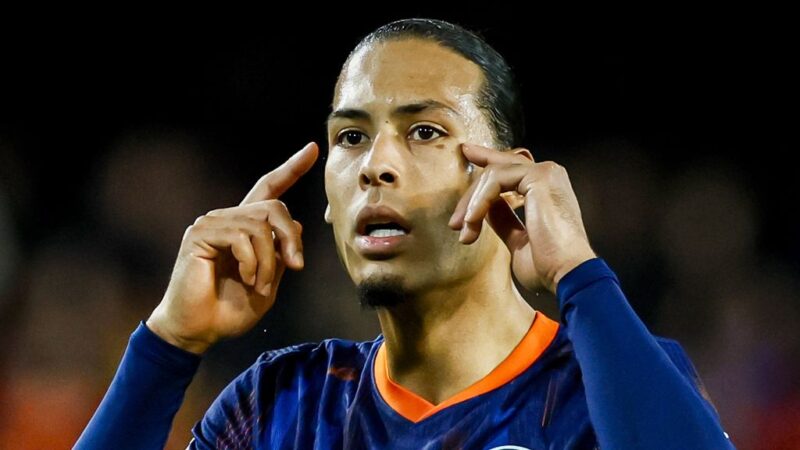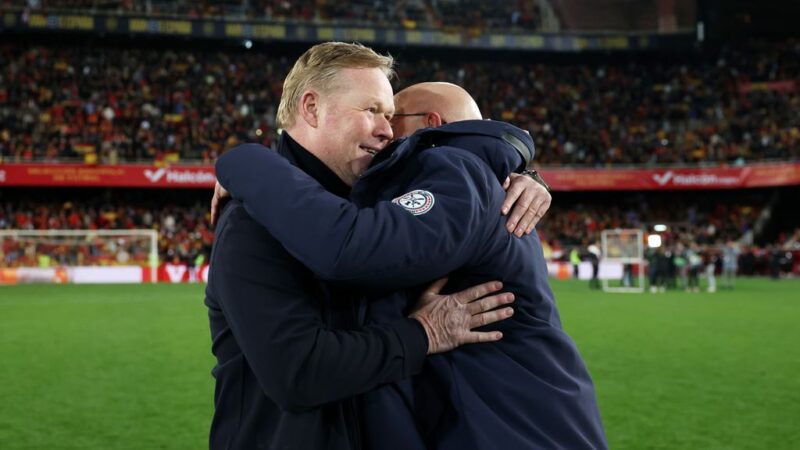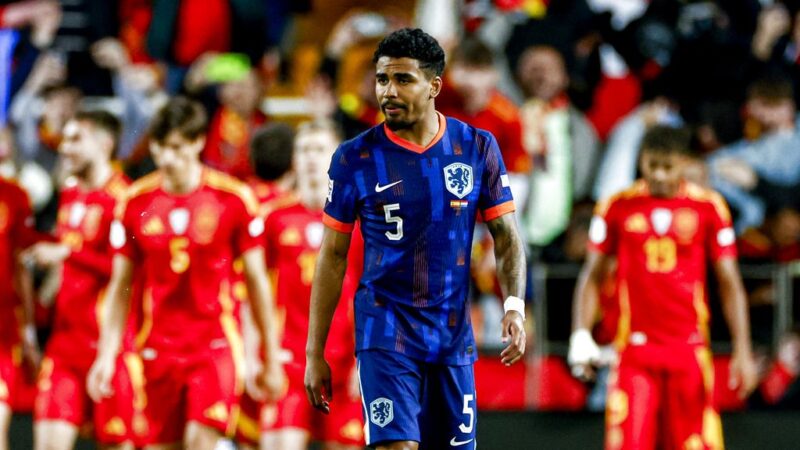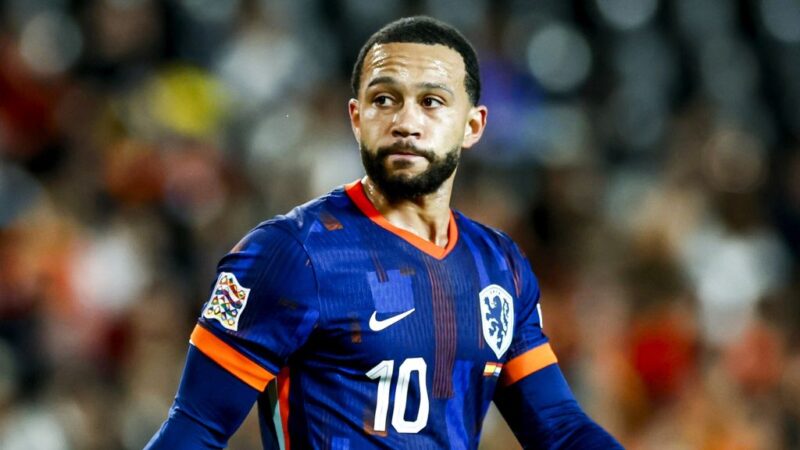World Cup to be seen across Europe after all
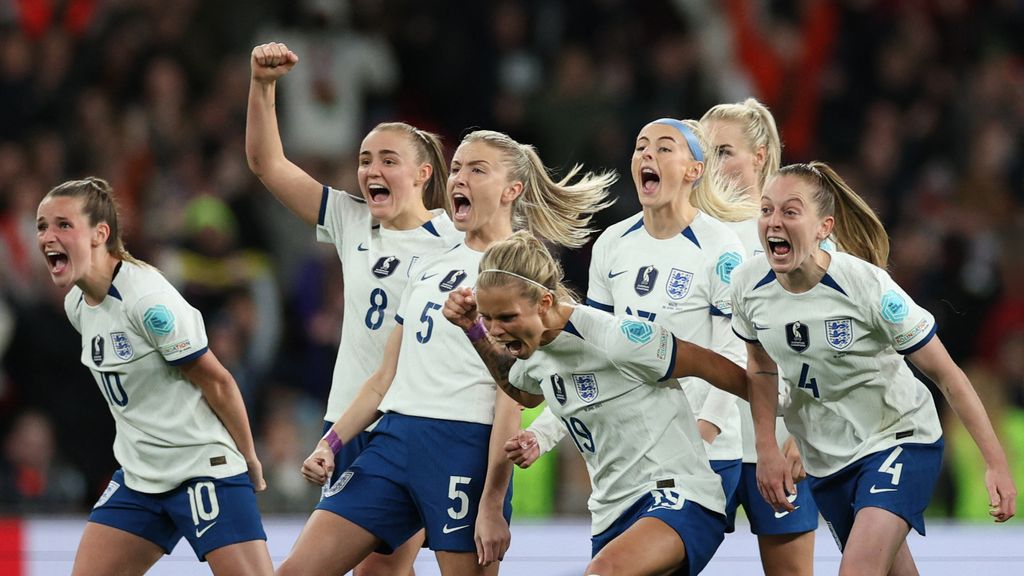
NOS Football––Customized
The Women’s World Cup will be televised across Europe after all. On Wednesday night, FIFA announced it had reached an agreement with the European Broadcasting Union (EBU) that will allow the matches to be televised in 34 European countries.
Earlier in the day, FIFA President Gianni Infantino complained about the lack of interest in Europe for the broadcast rights tournament to be played this summer in Australia and New Zealand. If there were no serious bids, FIFA was considering streaming the matches only through its own channels.
The new deal means the matches can also be seen in the five major European countries, including those of the two European Championship finalists, England and Germany. Ukraine has also been added to the list.
In the Netherlands, the World Cup can be followed via the NOS.
Last month, FIFA President Gianni Infantino already expressed his dissatisfaction with the lack of television contracts. “The bids from broadcasters, especially in the five major European countries, are still very disappointing and simply unacceptable,” he wrote on Instagram at the time. “It is our moral and legal obligation not to let the underbidding at the Women’s World Cup happen.”
According to Infantino, who believes that public broadcasters in particular have a duty to promote women’s sports, the viewing figures for the women’s World Cup are 50 to 60 percent of the men’s World Cup. “But the bids of the big European countries are 20 to 100 times lower.”
Unfavorable times
In Europe, lower viewing figures are expected this year, though, due to the fact that the matches in Australia and New Zealand are played at unfavorable times for European followers. For example, those who want to watch the group match between the Netherlands and the United States will have to set their alarm clock at 03:00.
The sports ministers of the five European countries called on FIFA and interested broadcasters to reach an agreement in a joint letter. They say they are aware of the restrictions on broadcasters but stress the importance of “improving the global visibility of women’s sports” in their countries.

